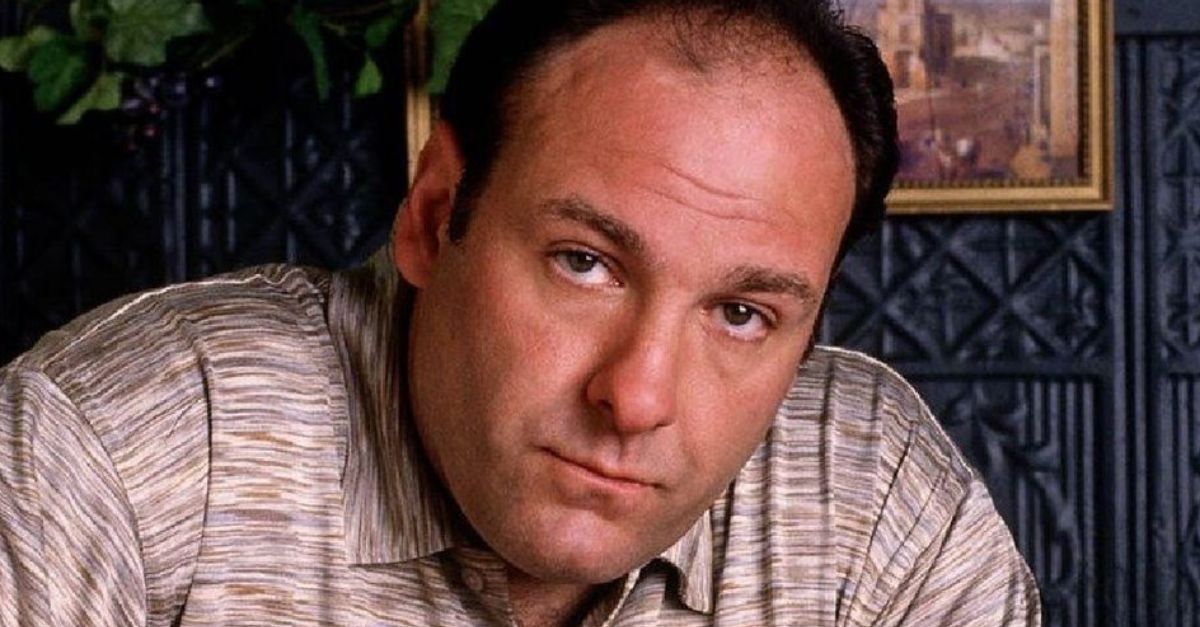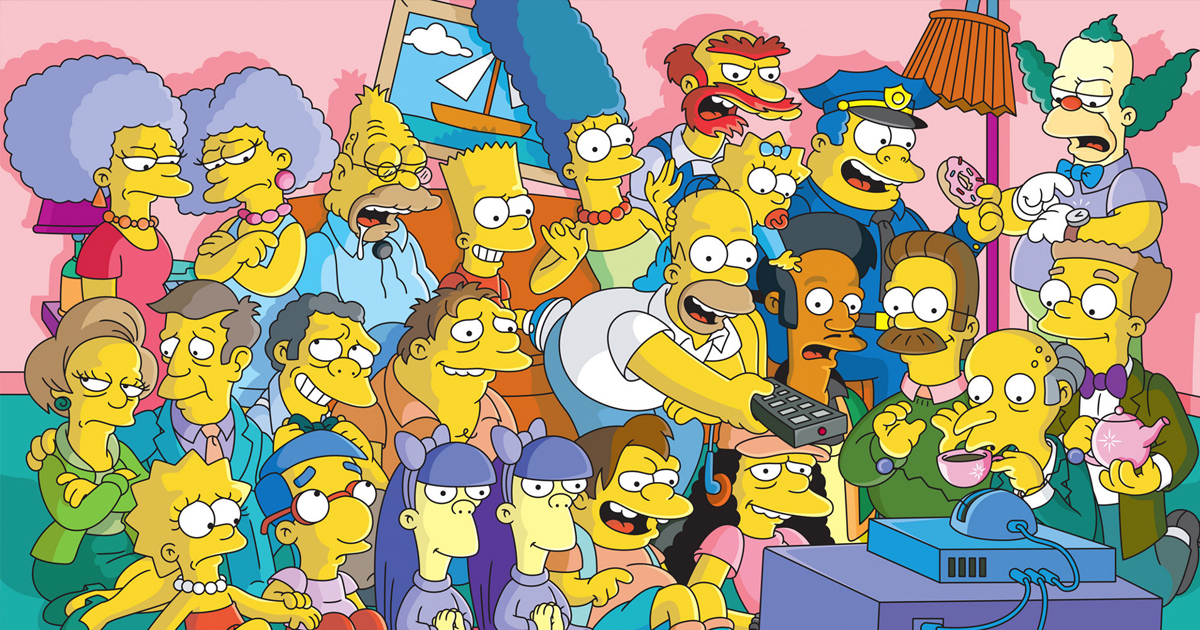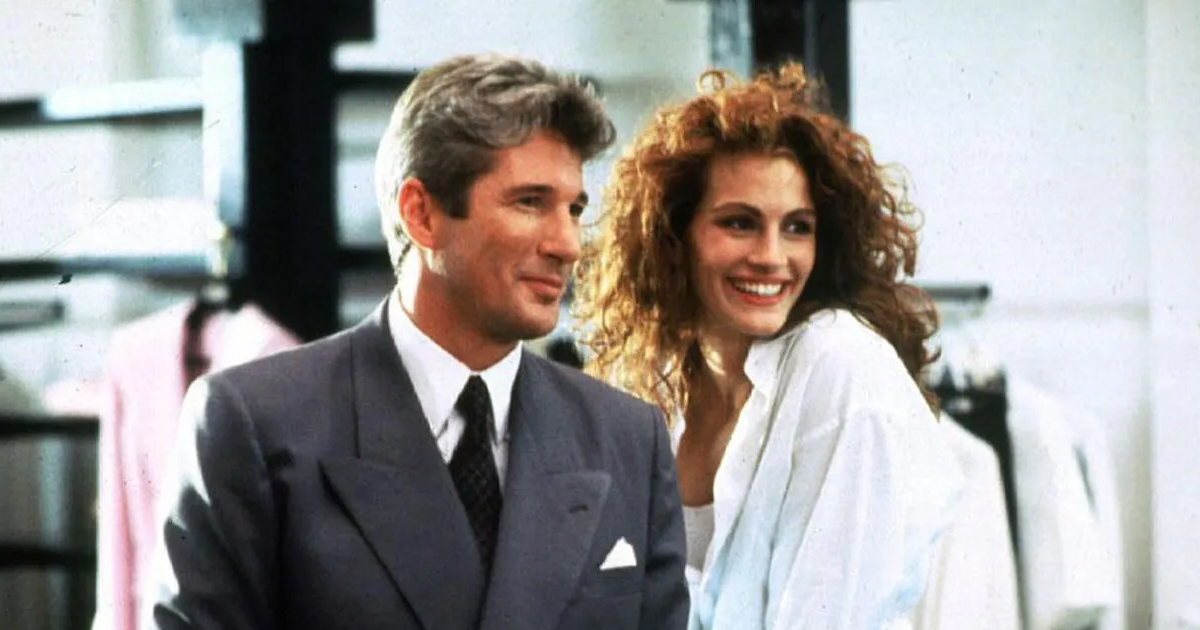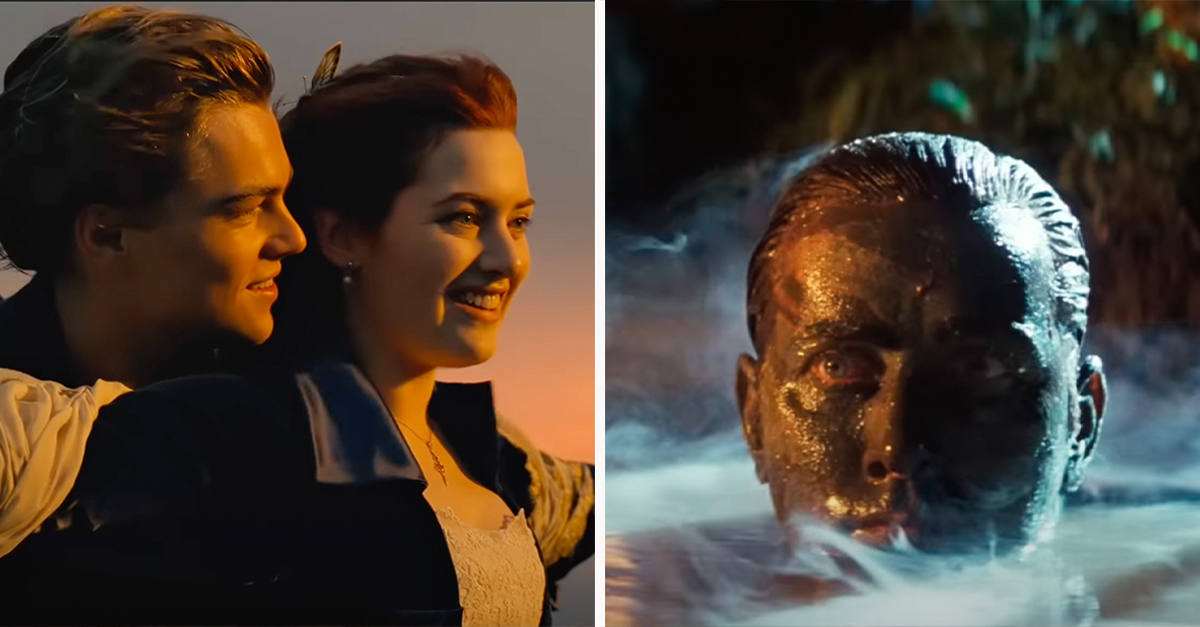Sopranos Moments So Funny They Outlived The Show Itself
Even the bloodiest scenes in The Sopranos were punctuated by laughter that felt dangerously real. Behind the violence and therapy sessions, the dialogue revealed a rare kind of wit—one that made gangsters sound poetic.
“She’s Dead… Wrapped In Plastic”—Paulie Walnuts
Paulie’s confused attempt to sound intellectual by quoting Twin Peaks becomes one of The Sopranos’s most beloved comedic moments. His delivery, full of misplaced confidence, highlights his tendency to misunderstand pop culture while pretending to be wise.
“Oh Poor You”—Livia Soprano
Delivered with biting sarcasm, Livia’s famous line perfectly encapsulates her manipulative nature. She weaponizes guilt in just two words, turning sympathy into cruelty. The moment became iconic because it distills years of toxic family dynamics into a single, unforgettable expression.
“You’re Only As Good As Your Last Envelope”—Silvio Dante
The “envelope” is a stand-in for money or loyalty that reminds everyone that success in their world is fleeting. Silvio’s cynical observation about mob life doubles as a commentary on performance-driven culture everywhere.
“’Cause I’m Talking About Morals, Tony” —Carmela Soprano
This tense exchange between Carmela and Tony highlights the moral contradictions at the show’s core. Carmela’s frustration breaks through her usual restraint to expose the emotional cost of living with hypocrisy. The humor is quiet but potent—rooted in the absurdity of discussing ethics within a criminal family.
“Quasimodo Predicted All This”—Bobby "Bacala" Baccalieri
Paulie’s hilarious confusion between Nostradamus and Quasimodo turns a simple comment into a classic Sopranos moment. His misplaced certainty, delivered with full conviction, sheds light on the brilliance of his character writing.
“What’s Next? Jetpacks?”—Tony Soprano
In gruff disbelief at modern change, Tony expresses his deep discomfort with progress. The line lands because it’s both funny and true: he can command respect in the underworld but feels powerless in a fast-moving culture. It captures his generational frustration.
“You’re Gonna Cry Now?”—Silvio Dante (Doing Michael Corleone)
Silvio’s overacted Godfather impression underlines how the mobster lifestyle has become a self-parody. The line’s comedy comes from imitation—an enforcer channeling a movie character to sound menacing. Pop culture shapes identity in The Sopranos and blurs the line between cinematic myth and criminal reality.
“—Stupid Jokes?” “No, For Your Stupidity”—Tony And Christopher
This rapid-fire exchange between Tony and Christopher represents their volatile mentor–protege dynamic. The sharp rhythm and perfect timing turn everyday frustration into biting humor. It's a workplace comedy disguised as mob tension.
“He Killed Sixteen Czechoslovakians. Guy Was An Interior Decorator”—Paulie Walnuts
Paulie’s legendary misunderstanding during a tense conversation remains one of the show’s most quoted lines. The deadpan delivery amplifies the absurdity—mistaking a hitman for a home designer. It’s the perfect example of unintentional comedy arising naturally from character flaws.
“Oh, Poor Baby. Cry Me A River”—Dr Melfi
Breaking through her professional composure, Dr Melfi’s uncharacteristic sarcasm creates a rare power shift between therapist and patient. Her remark is a mix of fatigue and subtle defiance, exposing how even she can lose patience with Tony’s endless self-justifications.
“He’s A Model Citizen. For A Mob Boss”—Meadow Soprano
Meadow’s dry observation about her father strikes the perfect balance between affection and disillusionment. Her awareness of Tony’s contradictions gives this line its power. It’s funny not because it’s exaggerated but because it’s painfully honest.
“It’s An Italian Thing. You Wouldn’t Understand”—Tony To Dr Melfi
In this quote, Tony uses his defensive habit of hiding behind cultural identity. The punch line lies in its evasiveness—using heritage as an excuse to dodge accountability. The line became iconic because it exposes Tony’s pride and vulnerability all at once.
“I Don’t Get No Respect. I’m Like Rodney Dangerfield Over Here”—Christopher Moltisanti
By comparing himself to a comedian known for self-deprecating humor, Christopher accidentally captures his own absurdity. His complaint perfectly reflects his insecurities and self-delusion. The reference is clever because it links mob frustration with classic stand-up culture.
“You’re A Grown Man With A Wife And Kids, And You’re Throwing Rocks At Ducks?”—Carmela Soprano
This line, said by Carmela, cuts through Tony’s false sense of control, grounding his emotional chaos in absurd behavior. It’s a reminder of how small actions uncloak deeper turmoil. The joke works because Carmela voices what every viewer thinks.
“How Could Something So Small Make Me Feel So Big?”—Tony Soprano
This line highlights Tony’s ego and insecurity in a single moment of raw honesty. It’s funny and sad simultaneously, expressing his need for dominance even in trivial victories. The phrasing feels almost poetic and shows how The Sopranos used simple lines to explore complex emotional realities.
“Tony, You’re A Man. Men Are Supposed To Be Happy”—Livia Soprano
Livia’s outdated worldview exposes a generation unable to understand emotional complexity. The statement’s hilarity comes from its old-fashioned simplicity, as she equates masculinity with constant happiness. It’s a chilling reflection of her influence on Tony.
“Remember When Is The Lowest Form Of Conversation?”—Tony Soprano
Delivered in one of the show’s most reflective moments, Tony’s statement critiques nostalgia itself. It’s ironic, given how fans constantly quote it while reminiscing about the series. The humor comes from that tension as Tony mocks sentimental reflection, yet his own words become a cornerstone of nostalgic memory.
“The Guy’s Got A Million-Dollar Smile And A Five-Cent Brain”—Tony Soprano
In pure mob poetry, Tony’s insult is short and unforgettable. His knack for brutal metaphors makes this one stand out and cuts straight to the truth. It’s the kind of line that defines Tony’s charisma: always perceptive, always cruel, and always perfectly balanced between authority and comedy.
“He’s In Witness Protection Now. He’s Got A Job As A Florist”. “Yeah, Making Arrangements”—Paulie Walnuts
Paulie’s grim one-liner is classic Sopranos dark humor: wordplay wrapped in menace. The pun lands perfectly because it’s understated and cruel. It echoes the show’s theme that violence often hides behind everyday speech.
“The Feds Can’t Touch Me. I’m Retired”—Junior Soprano
From a nursing home, Junior’s misplaced confidence gives this line its quiet brilliance, as it reflects denial disguised as defiance. The joke lies in its tragic irony—he’s powerless yet still clings to his illusion of control. It’s a perfect snapshot of pride outliving relevance.
“If You Can Quote The Rules, You Can Obey Them”—Tony Soprano
Tony’s pseudo-moral logic lands with ironic precision. The line works because it sounds like wisdom, but serves hypocrisy. It highlights Tony’s gift for twisting principles to suit his needs, making it both darkly amusing and deeply revealing about how The Sopranos portrayed power and moral contradiction.
“And I’m Going To Turn My Hearing Aids Up So I Don’t Miss It”—Junior Soprano
This cutting line lands with perfect timing to highlight Junior’s signature mix of spite and wit. Spoken during an argument, it shows how even aging mobsters weaponize humor. The quote reflects The Sopranos’s dark charm, where bitterness turns into comedy.
“Luca Brasi Sleeps With The Fishes”—Tony Soprano (Referencing The Godfather)
Tony’s casual nod to The Godfather reflects how mobsters in The Sopranos mythologize their own image through cinema. His delivery is half admiration, half irony. By echoing a legendary line, Tony blurs the line between fiction and reality.
“You Didn’t Go To Hell; You Went To Purgatory, My Friend”—Paulie Walnuts
After a near-death experience, Paulie’s philosophical musing is both absurd and sincere. His belief in supernatural justice feels comically misplaced yet strangely profound. The joke comes from his total conviction, which shows how The Sopranos mixed street wisdom with spiritual confusion to highlight the contradictions in mob morality.
“Who’s Speaking Here? Is Somebody Speaking?”—Uncle Junior
Irritated for being ignored, Junior’s words turn into an unintentional comedic gem. The repetition and confusion make it feel spontaneous, as if he’s losing both patience and control. It’s one of those small but unforgettable Sopranos moments where dialogue captures aging, pride, and chaos.
































